Nuclear technology: Debating the prospects of use in Pakistan
Contentious past about proliferation of arsenal design puts Pakistan in a tight spot, says US expert.
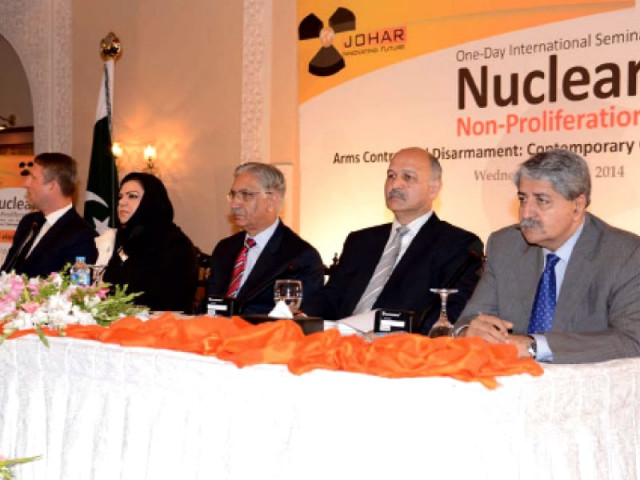
The speakers listen to a question from the audience. PHOTO: EXPRESS
As some international experts raised concerns about Pakistan’s nuclear programme and its history of alleged proliferation at a seminar on Wednesday, its safety and security was vehemently defended by Pakistani experts, seminar participants and senators.
An impassioned debate on the regional impact of the India-US nuclear deal, and the safety and security of Pakistan’s civil and military nuclear programmes dominated the day-long international seminar on “Nuclear Non-Proliferation Arms Control and Disarmament: Contemporary Challenges and Prospects”.
The seminar was organised by the Centre for Pakistan and Gulf Studies (CPGS) in collaboration with the German political foundation Konrad Adenaur Stiftung.
Senators and other Pakistani panellists criticised the India-US civil nuclear agreement which was signed in 2008 after three years of formal deliberations, calling on the world for non-discriminatory treatment towards Pakistan regarding access to civil nuclear technology.
They argued that the India-US nuclear arrangement allowed India, a non-signatory of the Non-Proliferation Treaty (NPT) just like Pakistan, to access civilian nuclear technology and fuel through a waiver from the Nuclear Suppliers Group, an international cartel that restricts the export of nuclear material to prevent proliferation.
The seminar’s most contentious presentation was delivered by Dr Peter Lavoy, formerly the acting US assistant secretary of defence for Asian and Pacific security affairs.
Lavoy, who said the India-US deal was more of a political than strategic affair, also voiced some international concerns that Pakistan “may once again resort to use of non-state actors” in Afghanistan and India. He said the Pakistan nuclear programme is the “single-most troubling concern” in the US regarding the country.
His comments drew flak from the Pakistani audience members, who said the notion was “provocative” and “patronising”. Lavoy said his intent was not to provoke and he was merely highlighting steps --- including non-proliferation --- which Pakistan needs to undertake to make the world view its claim for a nuclear deal “less sceptically.”
He said the Bush administration prioritised in favour of India, but the Obama administration is trying to come up with a more balanced policy.
Mark Fitzpatrick, director of the Non-proliferation and Disarmament Programme at the British think-tank International Institute of Strategic Studies, said terrorist groups in Pakistan have expressed “opportunistic, not systematic” intent to acquire the country’s nuclear weapons.
Fitzpatrick, who is also a former US State Department employee, appreciated the safety and security protocols of the Strategic Planning Department for Pakistan’s nuclear arsenal.
He dismissed the suggestion that the US is out to seize the former’s nuclear arsenal as unfounded, saying that it is impossible for the US to seize the nuclear weapons.
Still, the potential of insider collusion leading to theft of nukes or break-ins at nuclear facilities by militants should not be ignored, said Fitzpatrick. However, he said these security issues were not unique to Pakistan.
Earlier, Senator Mushahid Hussain said during his keynote address that the India-US nuclear deal is a double-standard in the region, as it rewarded India instead of treating the hostile neighbours equitably.
Hussain said the biggest question mark about regional future is linked with the result of Indian elections, as the Bharatiya Janata Party has made claims to revise and update India’s nuclear policy.
He also said the United Nations Security Council Resolution 1172, while condemning Indo-Pak nuclear tests, had mentioned Kashmir as the root cause of regional tension.
“You cannot have peace in Kabul while Kashmir continues to burn,” said Hussain. His stance on Kashmir was echoed by several panellists later.
Senate Chairman Nayyar Hussain Bokhari said Pakistan has a flawless record of nuclear safety and the world should accept Pakistan’s call for non-discriminatory nuclear cooperation. Bokhari said Pakistan has a right to benefit from advanced civil nuclear technology.
PPP Senator Sehar Kamran, who is also the president of CPGS, reinforced the view that western policies of nuclear cooperation based on discrimination and favouritism will only harm peace and stability in South Asia.
Published in The Express Tribune, May 8th, 2014.

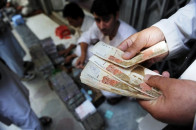
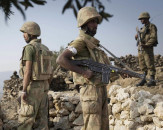

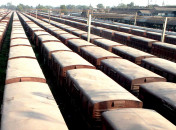
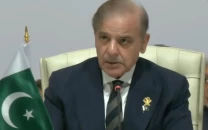
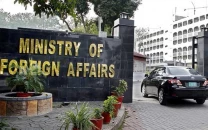
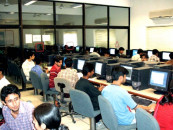

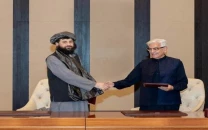


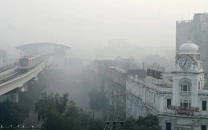






COMMENTS
Comments are moderated and generally will be posted if they are on-topic and not abusive.
For more information, please see our Comments FAQ